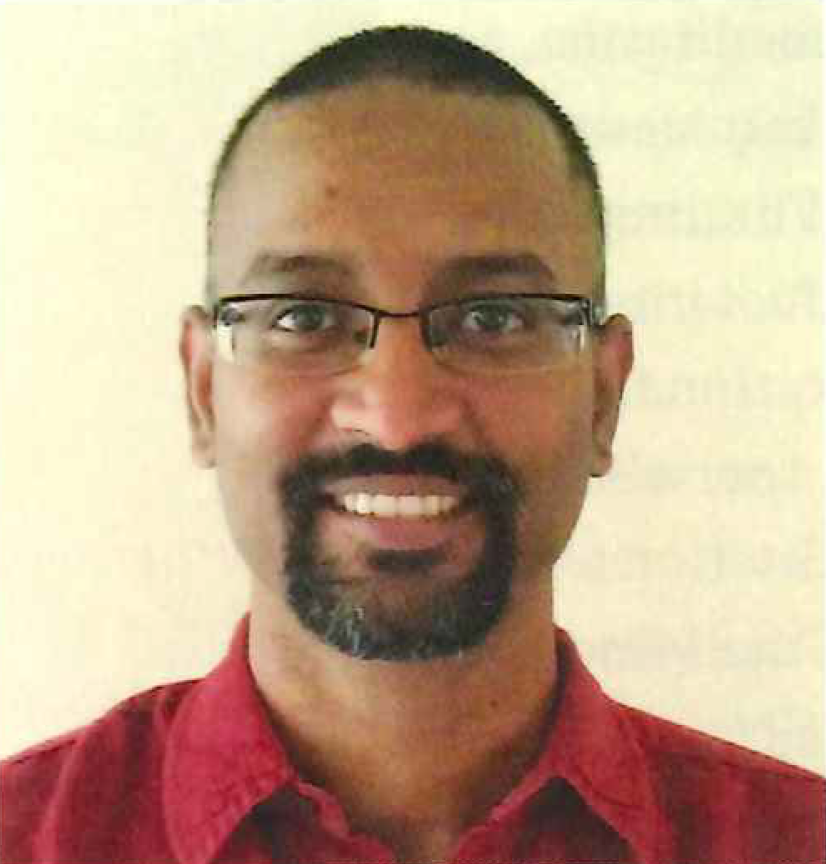
Rajesh Kasturirangan examined four factors of “eudaimonics,” or the study of human flourishing—the conceptual, which represents the philosophical element that dates back to Aristotle and Confucius; the contemplative, which also hearkens back to the same network of thinkers and practitioners; empirical research, which has grown with recent breakthroughs in the realms of psychology and neuroscience; and large-scale data gathering-all with the aim of exploring the relationship between cognition, embodiment, and well-being in education.

John Whalen-Bridge explored the ways in which a set of writers from the United States turned to Buddhism for ethical stances and the contemplative aesthetics that connect personal refinement with more universal forms of human flourishing. Some of the writers studied included poets Allen Ginsberg and Gary Snyder, as well as fiction writers such as Maxine Hong Kingston. In delving into their work, Whalen-Bridge also examined the issues and obstacles related to human flourishing that these artists devoted themselves to: environmentalism, feelings of political disempowerment, sexism, and more.

Silke Rupprecht evaluated the impact of a mindfulness based stress reduction (MBSR) intervention on the well-being and flourishing of teachers, who are more likely to experience stress-related symptoms and affective disorders than other professionals. Rupprecht also examined the ways MBSR can impact teaching quality, particularly as it relates to developing in educators the attitudes and skills needed to deal with emotionally charged situations in classrooms.

During her time as a Visiting Scholar, Jennifer K. Lynne worked on research for The Engaged Identity theory, examining the roles of listening, patience, and respect as three precepts or capacities that can be cultivated to develop greater understanding for conflict transformation and peace building. Lynne’s theory uses contemplative practices, science, and peace building to look at how, through these precepts, we can expand our worldviews.

Sara McClintock researched and wrote on the topic of the ethics of reading in a Buddhist context, specifically investigating the mechanisms by which reading Buddhist narratives may provoke particular kinds of ethical transformations. Her areas of particular interest in this project include how Buddhist narratives may give rise to certain experiences conducive to Buddhist practice, as well as the ways they may provoke a reexamination of a reader’s understanding of his or her relationship to self and others.

Gilda Henriquez Darlas researched the details of a moral psychology for the gradual cultivation of compassion by examining in detail and reinterpreting the guidance offered in a core Theravada text, Buddhaghosa’s Visuddhimagga.

Juan Santoyo built on his ongoing work investigating how brain activity corresponds to the first-person experience of meditating during a real-time fMRI feedback scan. For this study, Santoyo helped investigate correlations between a self-reported online experience of meditating and the specific activation in a brain region thought to be important for awareness and self-reference (the posterior cingulate cortex). He plans to develop a publishable methodological review based on this experiment, examining it in relation to other case studies in neurophenomenology and building on an approach through which “first-person” reports are considered in correlation with “third-person” data, such as those generated by neuroimaging techniques.

Rajesh Kasturirangan
Reviewer


